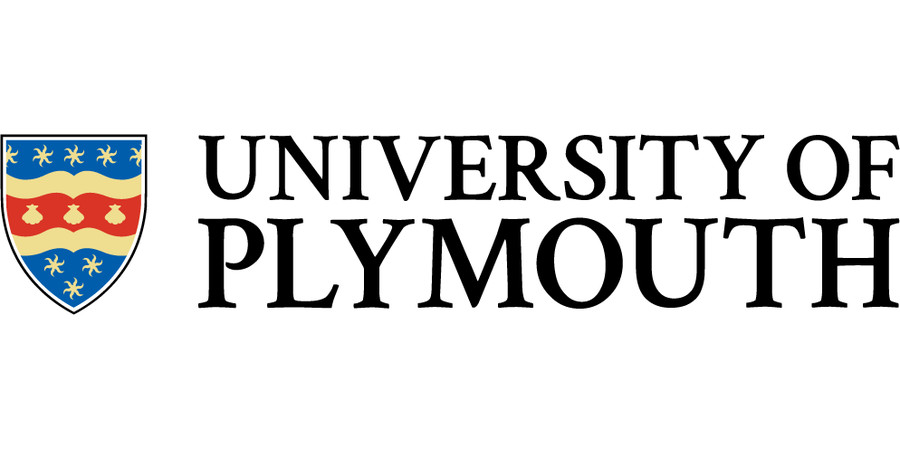PhD Studentship: Can Nanotechnology Help Fight Climate Change?
University of Plymouth - Marine Institute
| Qualification Type: | PhD |
|---|---|
| Location: | Devon, Plymouth |
| Funding for: | UK Students, EU Students, International Students |
| Funding amount: | Funding amount: The studentship is supported for 3.5 years and includes Home or International tuition fees plus a stipend of £20,780 per annum 2025-26 rate (2026-27 rate TBC) |
| Hours: | Full Time |
| Placed On: | 28th November 2025 |
|---|---|
| Closes: | 2nd February 2026 |
Lead Supervisor (DoS): Professor Jamie Lead
Second Supervisor: Dr Craig Dedman-Jones
Third Supervisor: Professor Abigail McQuatters-Gollop
Fourth Supervisor: Professor Simon Ussher
Applications are invited for three 3.5 year PhD studentships with the Marine Institute at the University of Plymouth.
The studentships are due to start on 1st October 2026.
Plymouth has been at the forefront of global marine research for more than a century, and today it is home to the largest concentration of marine researchers in the UK. Come and join our vibrant community of marine PhD students.
Project Description
Iron is a limiting nutrient for algal growth in >25% of the world ocean. Increased addition (‘iron fertilisation’) can increase algal growth and photosynthesis, using up dissolved CO2 and drawing down atmospheric CO2. Low iron input is needed for a large drawdown, offering a feasible route to help reduce climate change. Algae and resulting detritus sink to the ocean floor, locking carbon up permanently. However, real-world investigations have shown: 1) marine processes rapidly make added iron unavailable for algae; 2) co-limitation with other vital elements can mean that iron addition alone is ineffective; and 3) algae are rapidly recycled in oceans and carbon is released.
This solution-focussed project asks the question: can a new nanotechnological approach perform more effectively and more sustainably? The solution requires the design and fabrication of doped, Fe-based nanoparticles with tightly constrained physico-chemical properties that enhance biouptake. The physical removal of nanoparticle-algae complexes will be investigated, overcoming issues of algal cycling, allowing waste valorisation, and adding to the circular economy.
The studentship is an innovative laboratory-based opportunity, providing key data to demonstrate feasibility for climate mitigation. The student will optimise nanoparticle synthesis and transformations of an array of iron nanoparticles. This also requires culturing algae, performing exposure studies and detailed analytical measurements such as novel single particle and single cell ICP-MS.
Full training and mentoring will be provided in all aspects of the work, including project-specific training, in synthesis, plankton taxonomy, instrumental analysis, laboratory good practice and quality assurance alongside training in science communication and transferrable skills. Additionally, by the end of the project, the student will be able to initiate and plan scientific studies, so will be provided with guided opportunities to develop their own ideas, develop and test hypotheses and develop methodological procedures.
Eligibility
We are looking for an enthusiastic and highly motivated individual with a first or upper second class honours degree or a Masters qualification in a quantitative subject such as chemistry, engineering, or marine science. Experience with laboratory work is particularly encouraged. The selected candidate will demonstrate the potential to develop into a leader in their selected field.
The studentships are supported for 3.5 years and include full Home or International tuition fees plus a stipend at the 2026/27 UKRI rate (to be confirmed; compare the 2025/26 UKRI rate of £20,780 per annum). The last 6 months of the four-year registration period is a self-funded ‘writing-up’ period.
If you wish to discuss this project further informally, please contact Professor Jamie Lead.
Please click on the Apply button above for further information and to apply.
The closing date for applications is 12 noon on Monday 2nd February 2026.
Advert information
Type / Role:
Subject Area(s):
Location(s):









